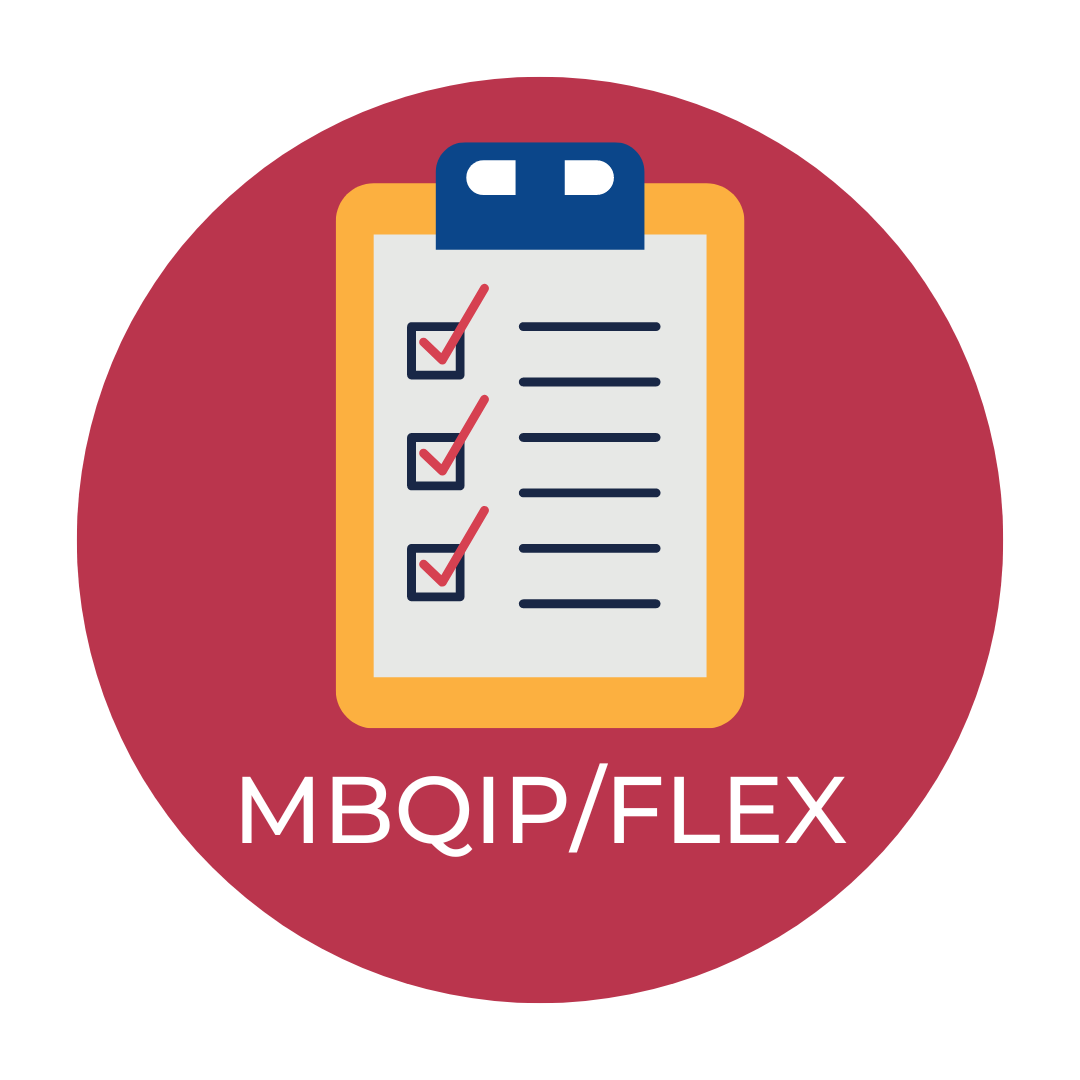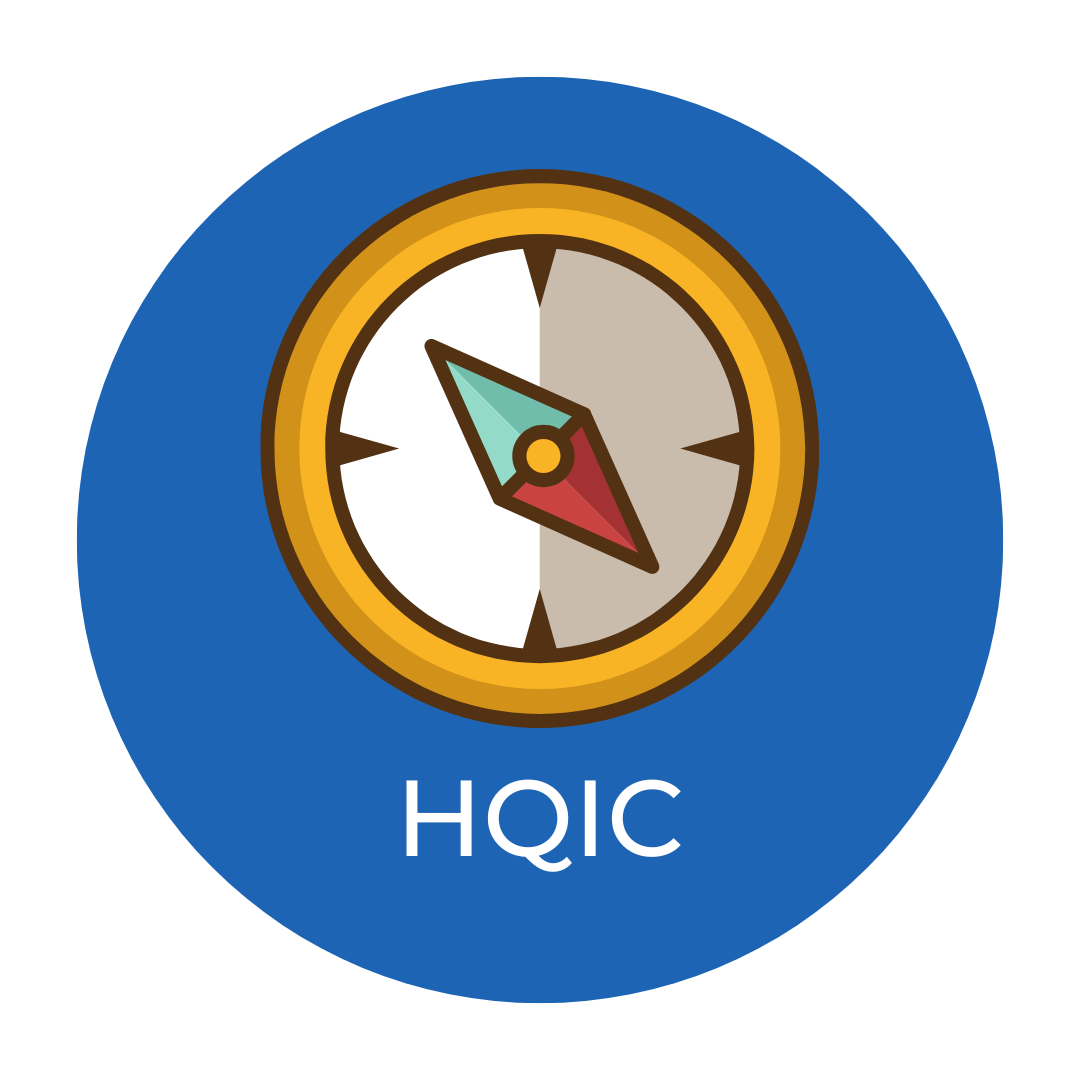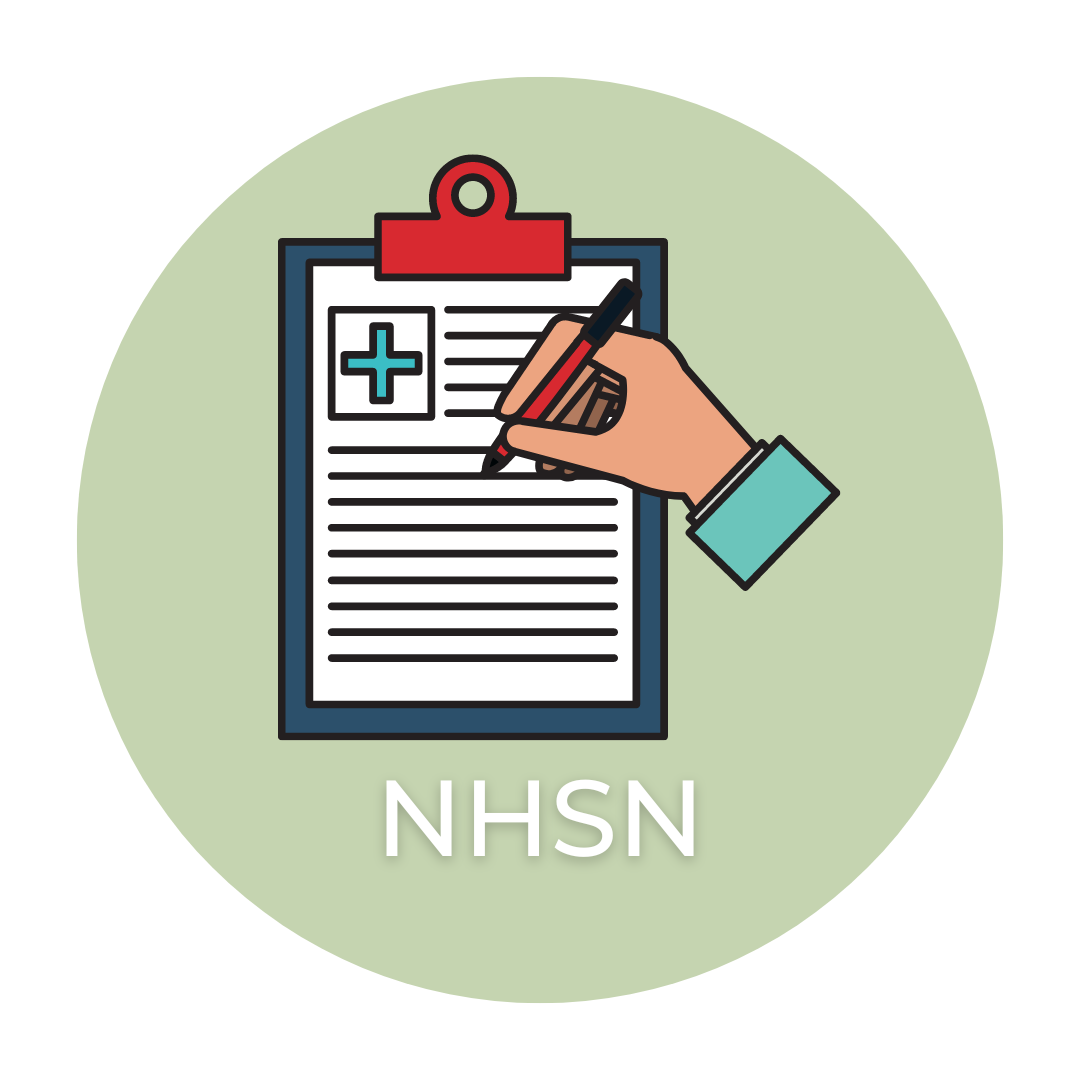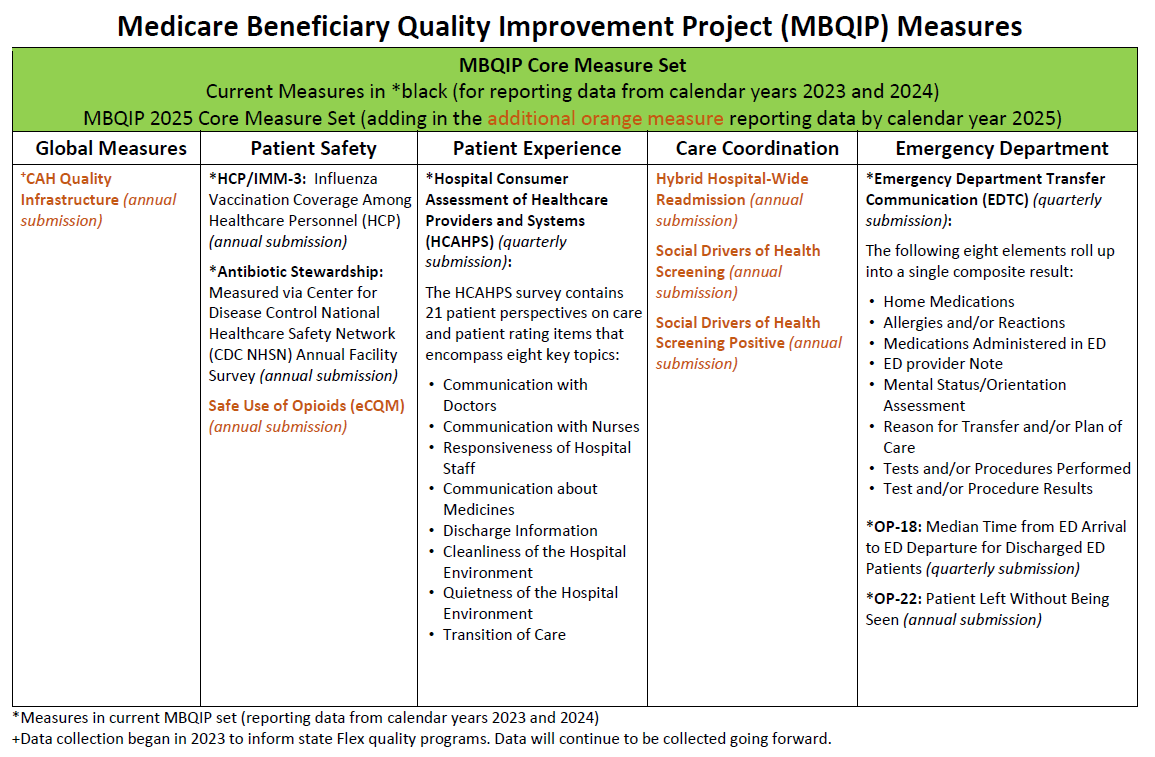Quality is never an accident; it is always the result of high intention, sincere effort, intelligent direction and skillful execution; it represents the wise choice of many alternatives.” ~William A. Foster
Welcome to the Quality Integration page! We are excited to offer you the latest information, resources in healthcare quality. On this page you will find information for all things Quality related including Organizational Leadership, Patient Safety, Process Improvement, and Hospital Resources to name a few. The intent is to provide a one stop shop so you no longer need to go several websites to gather information instead you can visit the Quality Integration page and find the resources you need. We are excited to be on this journey with you and provide the resources and the support you need to be successful in your role.








